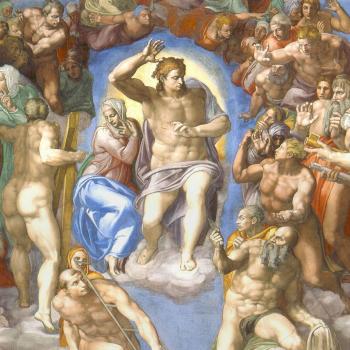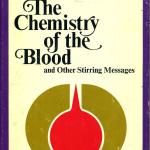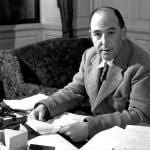The way things are going, we may be in for another Bush v. Gore-esque 38-day slog. Election day is almost a week old, but the election season is young yet. In any case, the temptation to think little of our governmental institutions and constitutional order will be strong. Many are actively debasing it (and have been for some time). Let the notes from a 1744 election sermon below act as a shield against this tendency. *** James Allen (or sometimes... Read more



















Only One Party Threatens the Constitutional Order
“Today, Monday October 26, 2020, will go down as one of the darkest days in the 231-year history of the United States Senate.” This was Senator Chuck Schumer (D-NY) on the day cited in the statement. To what was he referring? None other than the Senate confirmation of now Justice Amy Coney Barrett to the Supreme Court. Why was this the darkest day in Senate? Was the integrity of the vote in some way compromised? Was some procedural rule violated?... Read more